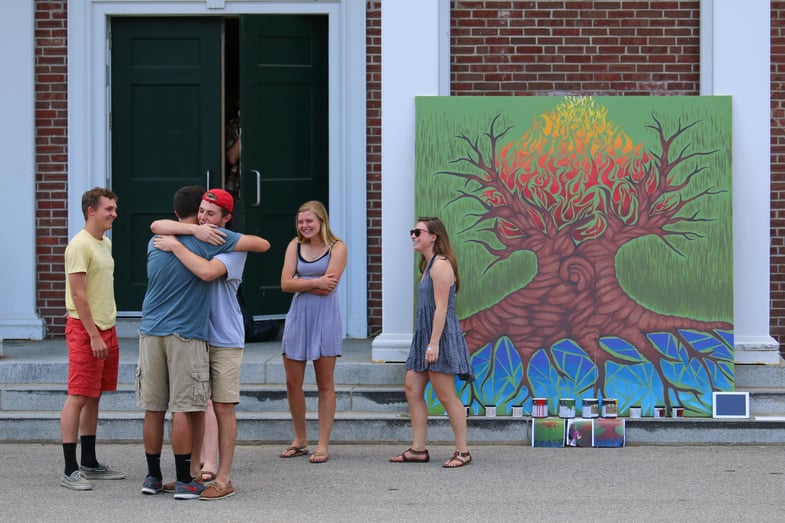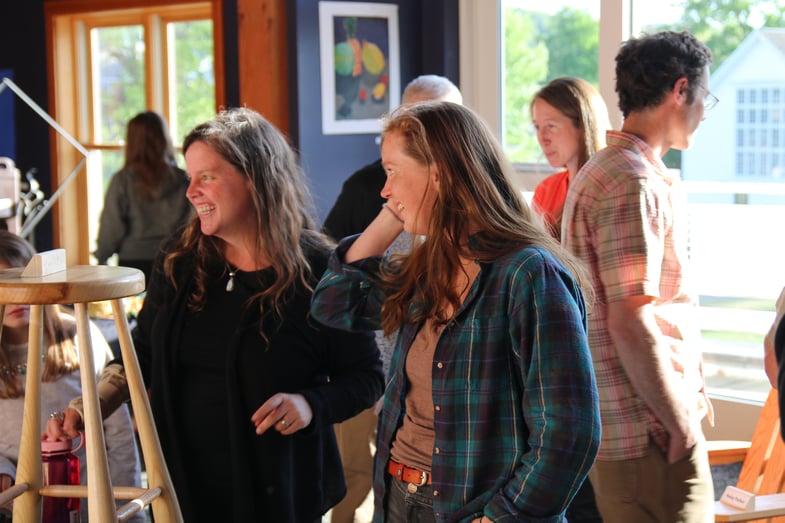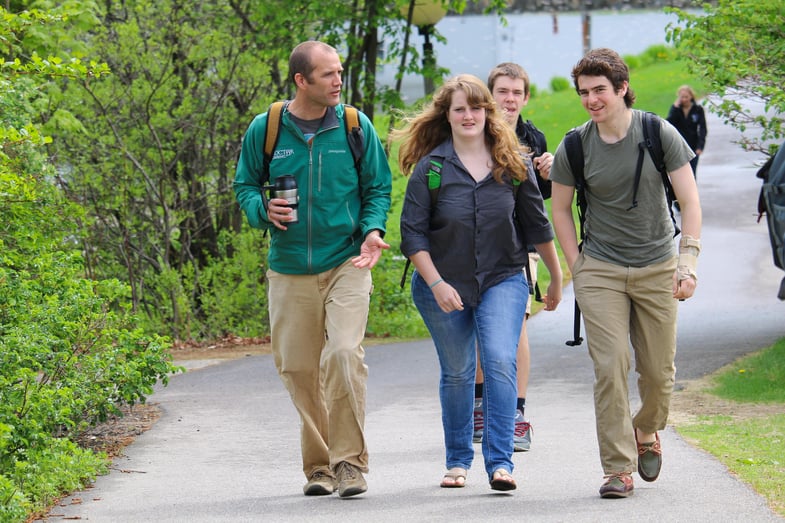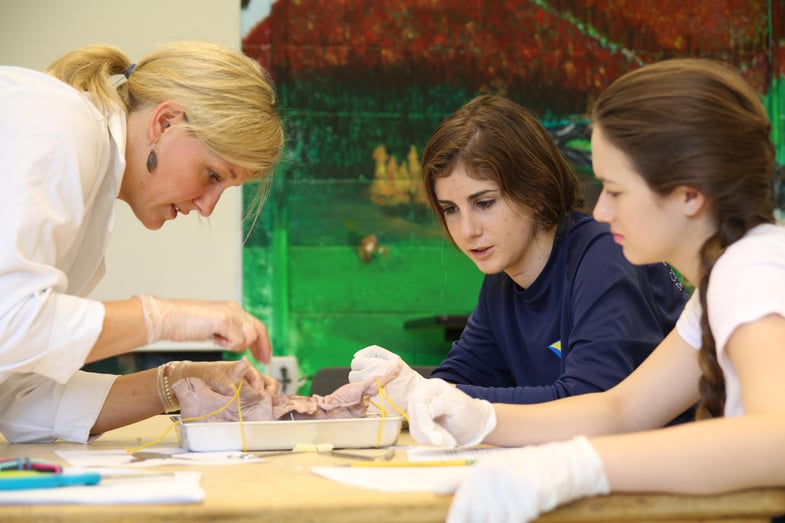Just two weeks ago we wrote this post on the desire for our graduates to possess Balanced Virtues in their lives. It featured David Brooks and his recent book, The Road to Character. While we never want to highlight one person's views too much, Brooks recently gave Dartmouth’s Commencement address sharing powerful words we just had to pass on to our school community.
Lesson 1: Look for Your Agency Moment:
David Brooks: “I had a student who was a young Army officer. During one of his tours, he had a terrible superior officer who gave him nothing but negative feedback. During those 18 months, he said he could not rely on external validation or criticism from outside to get a sense of whether he was doing a good job. He had to come up with his own criteria to judge himself. That’s the agency moment. When you hit this moment, you’re not molding yourself to some prefab definition of success.”
Each of us will have a different agency moment in our life. Some will come when we are 16, others when we are 32, yet others when we are 64. Look for that moment and realize you are meant for so much more than simply what others believe you to be! We want each of our students to have the confidence to define themselves.

Lesson 2: Learn to be Good at Making Commitments
David Brooks: “We are not a society that nurtures commitment-making. We live in a culture that puts a lot of emphasis on individual liberty and freedom of choice...Tinder, OkCupid, Instagram, Reddit; the entire Internet is commanding you to sample one thing after another. Our phones are always beckoning us to shift our attention span. If you can’t focus your attention for 30 seconds, how can you make a commitment for life?...Making commitments sounds intimidating, but it’s not. Making a commitment simply means falling in love with something, and then building a structure of behavior around it that will carry you through when your love falters.”
This culture of anti-commitment making is amplified at the high school level. In fact, much of our messaging as a school encourages students to try new things and explore new opportunities. Our hope is students use this period of exploration in high school to discover passions that will enhance their ability to make commitments later in life. Explore now, so you can pursue your passions with unwavering commitment.

Lesson 3: There is a Difference between a Vocation and a Career
David Brooks: “But a vocation is not a career. A career is something you choose. A vocation is something that summons you. People with vocations don’t ask: What do I want from life? They ask: What is life demanding me to do? What gap is there in my specific circumstances around me that demands my skill set?”
As an educator, I feel incredibly fortunate to have found employment that melds my vocation with my career. I know the other faculty and staff at Proctor share this sentiment. When I speak to my friends from college and high school, not all are as lucky, and instead have had to make the choice to pursue a career while they put their vocation on hold. While we do not expect each of our current students to know their vocation in high school, we encourage them to ask the question: What skills do I have the opportunity to acquire during high school and college to address a need in the world? This blog post explains more!

Lesson 4: Love Operates Against Normal Logic
David Brooks: “But love has its own logic that defies normal utilitarian logic. For example, most resources are scarce; you can use them up. But love is the opposite; the more you love, the more you can love...A person in love is capable of more love. Love expands with use.”
As an economics teacher, the notion of scarce resources is never far from the tip of my tongue. However, after the birth of my second child, I began to question this concept. If resources are scarce, how did my capacity to love just grow. I do not love my first born less, I simply have more love. While imparting this idea to high school students may seem impossible, developing a culture that embraces a willingness to love is not. A school community centered on trust not only opens the door to student learning, but encourages vulnerability (as this blog explores!), and, we believe, the capacity to love more.
You can watch David Brooks’ full commencement address in the video above if you are interested. His words will certainly speak differently to each of us based on our place in life, but are a good reminder to consistently center ourselves!









